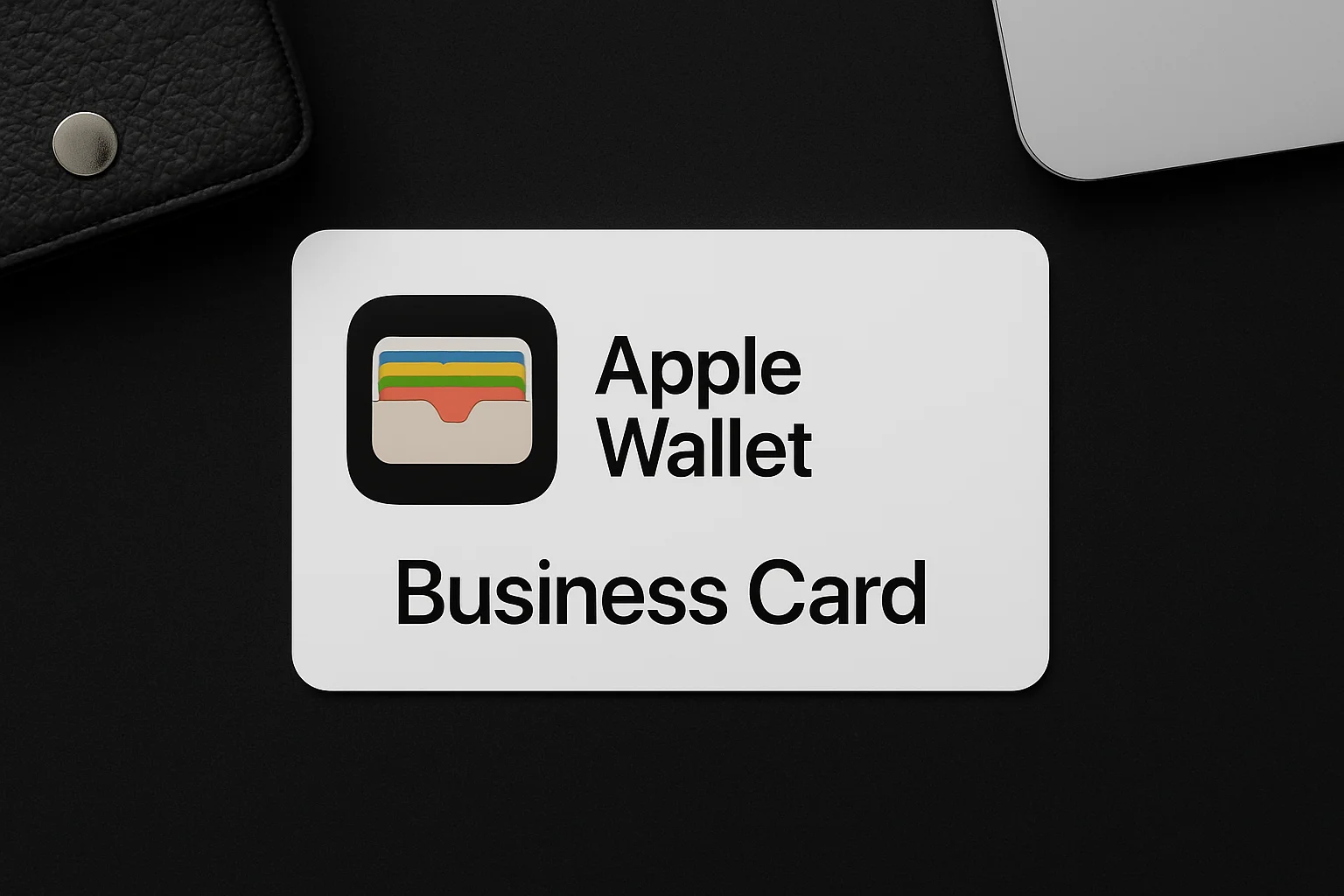At first glance, a signature and an autograph might look very similar, but their purpose, value, and context are often quite different. Your signature is your legal mark, confirming identity and intent, while an autograph is usually a collectible, personal, or sentimental mark. Knowing the difference helps you make the right choice for professional documents, fan interactions, or personal branding. In this article, we break down the distinctions, provide practical examples, and share tips to manage both securely and effectively.
What Is a Signature?
A signature is a personalized mark, typically your name or a distinctive symbol, used to verify identity and demonstrate consent. It serves as a legally recognized tool for authenticating documents, contracts, and agreements across professional, financial, and legal contexts. Signatures can take several forms, including handwritten, digital, or even initials, but consistency is key to maintaining credibility and legal validity. Properly managing your signature—keeping it secure, using it appropriately, and maintaining uniformity—ensures your identity is protected and recognized across all official documents. Learn more about legal signatures at National Archives: Legal Signatures.
- Definition: A signature is a unique mark used to authenticate documents.
- Purpose: Provides legal and professional verification of identity.
- Formats: Handwritten, digital, or initials.
- Best Practices: Keep your signature consistent, secure, and use it only for official purposes.
What Is an Autograph?
An autograph is primarily intended for sentimental, collectible, or personal branding purposes rather than legal verification. Public figures, celebrities, and artists often provide autographs for fans or memorabilia. Autographs may include stylized embellishments, decorative flourishes, or creative variations that make them unique. While they can sometimes carry legal weight if used in certain contracts, their main value lies in emotional, historical, or collectible significance.

Key Differences Between a Signature and an Autograph
Purpose and Function
Signatures are essential for authenticating legal, financial, and professional documents, serving as an official mark of approval and consent. They are used in contracts, agreements, banking transactions, and other formal settings to confirm identity and intention. Autographs, in contrast, are primarily commemorative, capturing a moment, memory, or connection with fans. While sometimes used in branding or promotional contexts, their main purpose is sentimental or collectible rather than legal.
Legal Standing
Signatures are legally recognized and enforceable under national and international laws when applied correctly. They can be handwritten, digital, or stylized initials, as long as the intent to authenticate is clear. Autographs generally do not carry legal weight unless explicitly referenced in a contract or agreement. While valuable for collectors or fans, autographs cannot replace formal signatures in legal or official contexts. For more details on the legal validity of signatures, see NIST Digital Identity Guidelines.
Consistency and Style
Signatures are expected to remain consistent across documents to ensure verification and prevent forgery, though minor stylistic variations are normal. Consistency strengthens legal standing and makes it easier to confirm identity. Autographs prioritize uniqueness and personal expression, allowing for variations in style, flourishes, or embellishments. This flexibility helps celebrities, artists, or professionals create distinctive and memorable marks.
Value
Signatures have practical, legal, and professional value, serving as evidence of consent, approval, or ownership in official transactions. They are crucial for enforcing contracts, validating agreements, and maintaining accountability. Autographs carry emotional, historical, or monetary value and are often sought after by collectors and fans. Their worth can increase over time due to rarity, fame, or cultural significance, making them collectibles rather than functional legal instruments.
- Trusted by hundreds. Loved by professionals
- Your dream signature is one form away
Are Celebrity Autographs and Signatures The Same?
Not exactly. While both involve writing a name or mark, celebrity signatures are primarily used as autographs for fans and collectors rather than for legal authentication. They often vary in style, size, and flourish to create a unique and memorable impression, whereas official signatures are consistent and verifiable for legal purposes. Fans may seek these signatures for memorabilia, while professionals rely on their consistent signature to validate contracts and documents. For more guidance on the history and authentication of signatures, see Smithsonian Magazine: How to Authenticate Autographs.
When To Use An Autograph vs a Signature
- Use a signature for contracts, financial agreements, business documents, and legal records. This ensures that your identity is verified, your intent is clear, and the document is legally binding.
- Use an autograph for fan interactions, memorabilia, gifts, or personal branding purposes. Autographs are meant to create a personal connection, showcase your identity, or provide collectible value rather than serve as legal proof.
- Consider context and purpose when choosing—legal, personal, or collectible. Evaluate whether the mark you are making is meant for official verification, sentimental value, or promotional and branding purposes to ensure it is used appropriately.
Practical Tips for Managing Signatures, Autographs, and Personal Branding
Conclusion
Grasping the distinction between autographs and signatures is crucial for anyone who deals with personal branding, legal documents, or collectibles. Autographs primarily serve as personalized mementos or collectibles with emotional or monetary significance, while signatures are standardized marks used to verify identity and authenticate official records. Understanding when and how to use each ensures legal clarity, protects your personal and professional identity, and enhances the impact of your mark. By being mindful of the purpose and context of each, you can make informed choices that reflect your intentions and maintain authenticity across both formal and personal settings.
Final Thoughts
Elevate your signature experience with Ge-Sign. Specializing in custom handwritten signature designs, digital signature logos, business cards, and more, we help professionals and creatives enhance their personal and professional identity. Leave a lasting impression with our tailored signature solutions. Trust Ge-Sign for all your signature, autograph, and branding needs.






